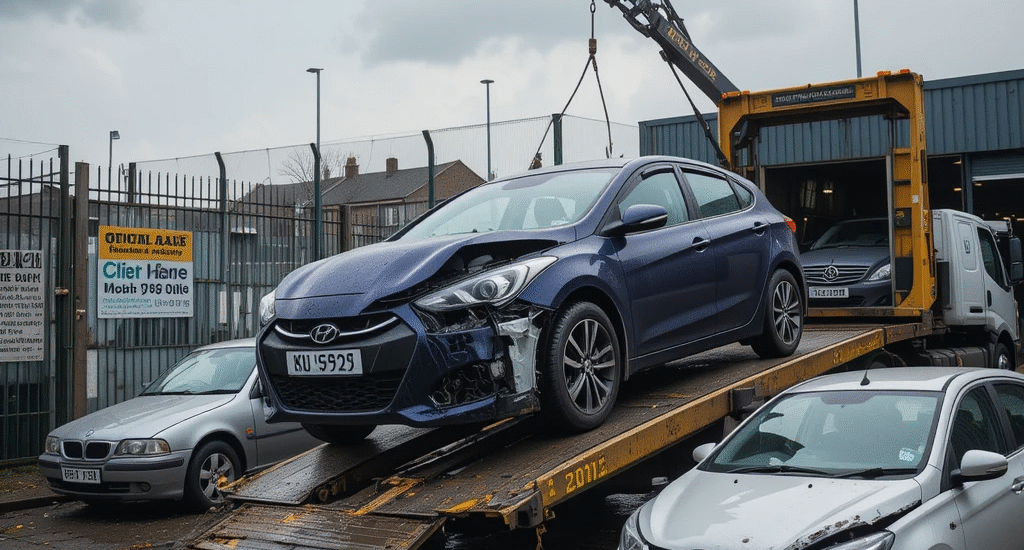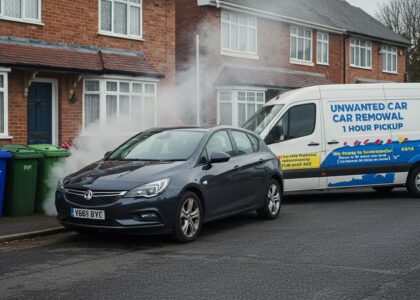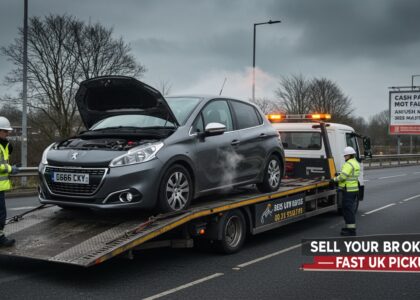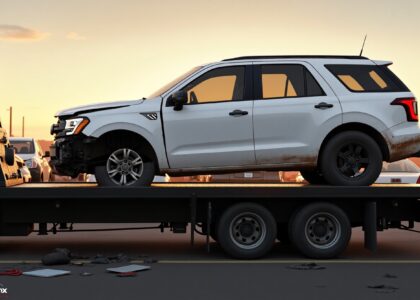If you own a Ford that no longer runs, you may be wondering whether it is worth scrapping or selling. A non-runner can take up valuable space, and leaving it unused often means it loses value over time. Many car owners face this dilemma, especially with models like the Ford EcoBoost, which are popular but can sometimes be expensive to repair when major faults occur. Making the right choice depends on factors such as condition, market demand, and your financial expectations. Let’s look at whether scrapping or selling is the better option for your non-runner Ford.
Understanding the status of a non-runner
A non-runner Ford is any vehicle that is unable to move under its own power, usually due to mechanical faults, electrical issues, or accident damage. Sometimes, the repair costs outweigh the actual market value of the car, which is why many owners consider alternatives. If you are asking yourself, should I scrap or sell non-runner Ford UK, the answer depends on both the age and the overall condition of your vehicle. While scrapping offers quick disposal, selling may give you a better return, especially if the car still holds desirable parts or demand in the used market.
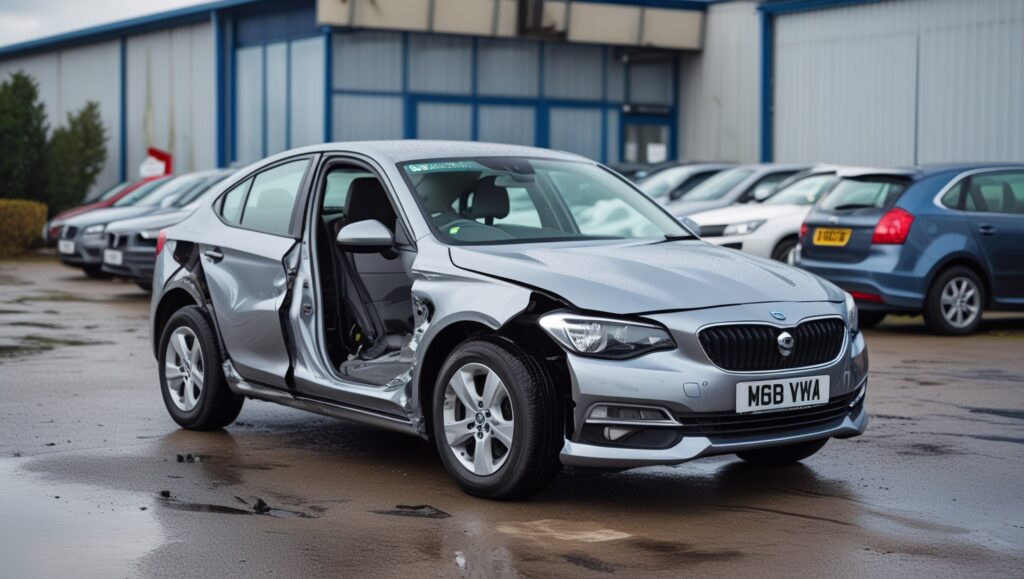
Selling options for Ford EcoBoost models
Ford EcoBoost engines are known for combining fuel efficiency with strong performance, but they can develop costly issues, such as turbocharger failures, coolant leaks, or timing belt problems. If your EcoBoost has turned into a non-runner, you might want to explore the selling route before scrapping. Many businesses and private buyers are interested in faulty or damaged vehicles to either repair or dismantle for parts. If you are searching for ways to sell my Ford EcoBoost, keep in mind that buyers often value these cars for their components, even if the engine no longer works.
When scrapping becomes the practical choice
Scrapping is often chosen when the car is severely damaged, very old, or has no resale value. This option can be fast, but it might not be the most profitable. While scrapping avoids the hassle of dealing with buyers, the return is usually lower compared to selling directly. For owners who want convenience, scrapping is still a practical decision, but you should always compare offers before committing.
The role of valuations and market demand
Before making your decision, it is useful to check the current market value of your car. A Ford EcoBoost car valuation helps determine whether your vehicle is worth selling or scrapping. Online valuation tools or specialist buyers can give you an estimate based on your Ford’s year, mileage, and condition. If the value is above scrap price, selling could put more money in your pocket. On the other hand, if repair costs reduce its market demand, scrapping may be the better path. Knowing the numbers ensures you do not lose out on potential cash.
How to get fast cash for non-runners
Even non-running cars can still bring you money if you find the right buyer. Many companies across the UK offer services where you can get cash for Ford EcoBoost models that are faulty or completely non-functional. This is because parts such as gearboxes, body panels, or electronic components may still hold value. Instead of leaving your non-runner unused, selling it to a buyer who specialises in damaged cars can give you a fair deal. Always ensure the buyer provides free collection, as transporting a non-runner can otherwise be costly.
Final thoughts on scrapping versus selling The choice between scrapping and selling your Ford depends on its specific condition and the offers you receive. If your car still holds value for parts or resale, selling is often the smarter option. If it is badly damaged or too costly to fix, scrapping ensures a quick resolution. At Cars Wanted UK, we buy broken, faulty, damaged, and non-runner Fords from 2012 onwards. We offer quick valuations, fair prices, and free collection anywhere in the UK, helping you make the most of your non-runner without unnecessary stress.

